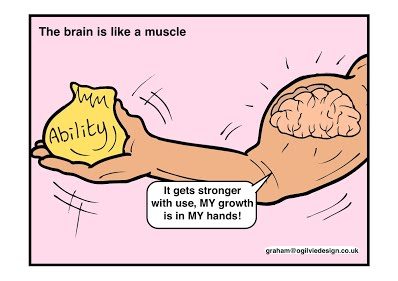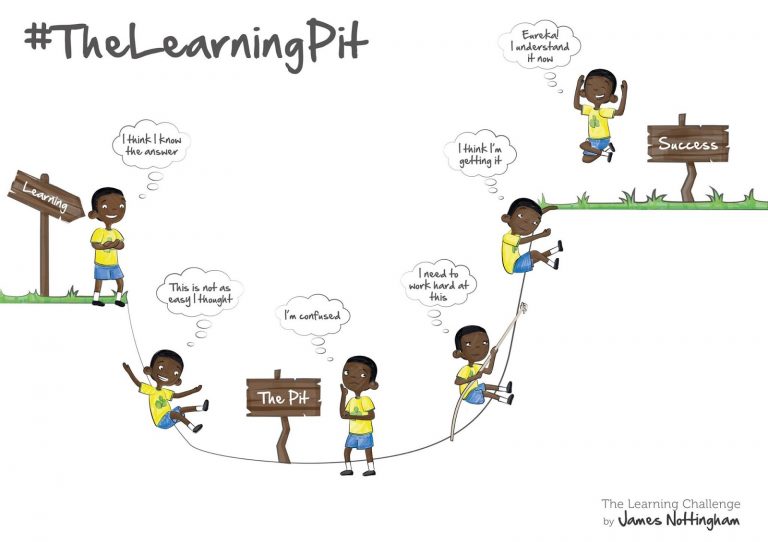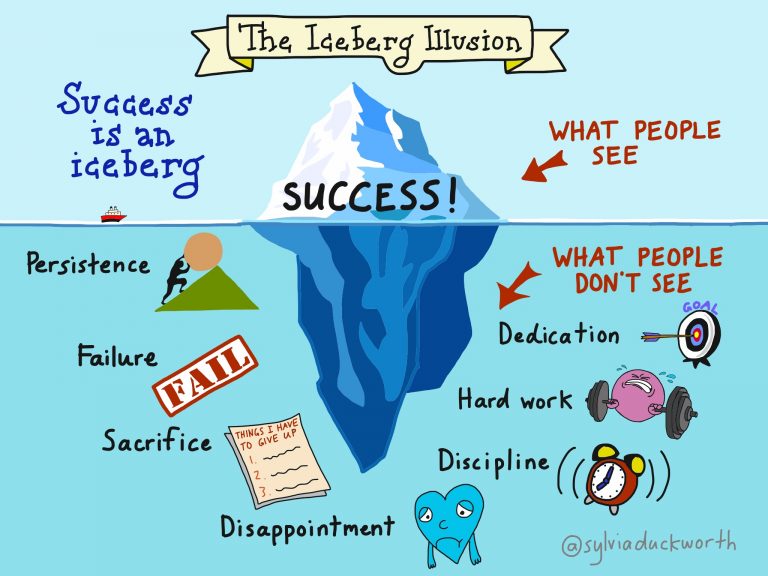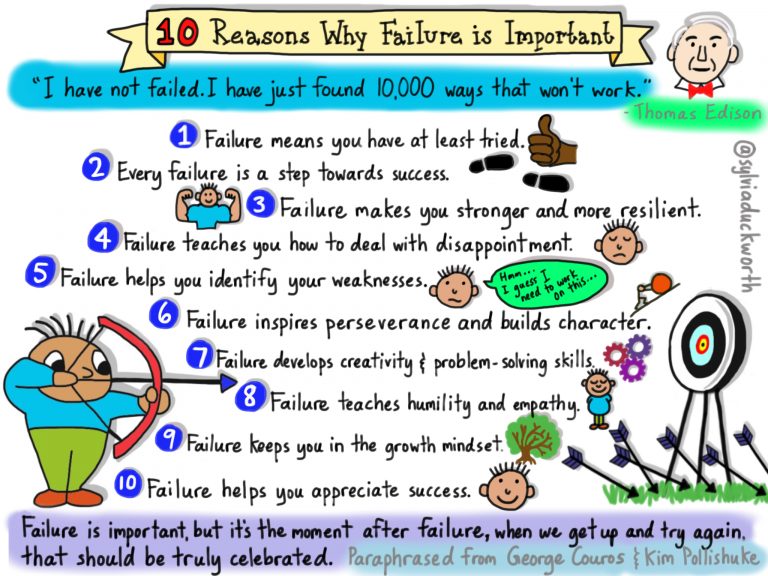Children
Supporting your child to succeed (Growth Mindset)
A growth mindset is the understanding that personal qualities and abilities can change. It leads people to take on challenges, persevere in the face of setbacks, and become more effective learners.
The brain is like a muscle.

Telling children that they’re ‘clever’ or ‘intelligent’ and implying that their success depends on the fact that they are just ‘wonderfully intelligent’ helps to develop a fixed mindset. When these children later experience a struggle, they tend to conclude that their ability is not high after all, and as a result they lose confidence, so our praise has the opposite effect of what we intended.
On the other hand, praising hard work or strategies used, things that children control, has been shown to support a growth mindset. (As long as it is justified praise! Praising effort when no effort has been put in will also have a damaging effect on our children.)
We provide professional learning resources and development to all our staff on the importance of fostering a growth mindset and the importance of language around mindset.
As a result, we know that mindset is more than what is going on in the mind. Context, culture, environment, and systems matter. For one thing, people’s mindset (as well as other beliefs and behaviours) is strongly shaped by the people around them and their attitudes and language around learning, aspiration and success.
Watch this animation on the difference between Growth and Fixed Mindset
The Learning Pit
In every classroom you will see a poster showing ‘The Learning Pit’. This represents the experience we all face when learning something new.

Imagine if you were learning to fly a plane. At first, it would be very scary. Lots of things you don’t understand. There would be moments of self-doubt and fear. You may even tell yourself that you can’t do it. (That is where we tell children ‘You can’t do it – YET!’) At this point you are in the pit! You need strength of character to help you – determination, resilience, positivity – to name but a few. And you need to be prepared to work hard, learn what all the dials do. Train your brain so that it can remember where it stores all the new information. Listen carefully to the instructions. Ask the right questions.
Eventually, you will get out of the pit. Eventually, flying will feel totally normal to you.
Our children go through this every day in school!!


